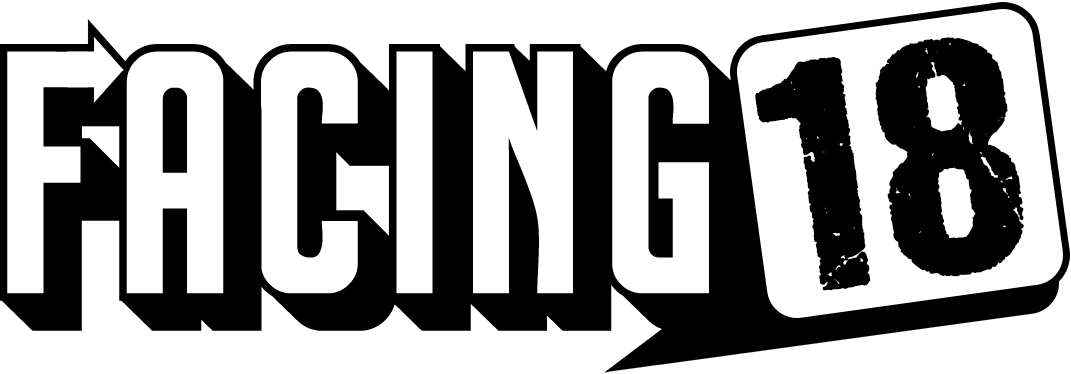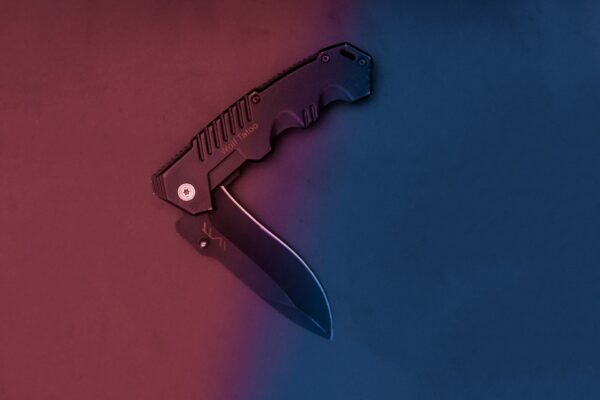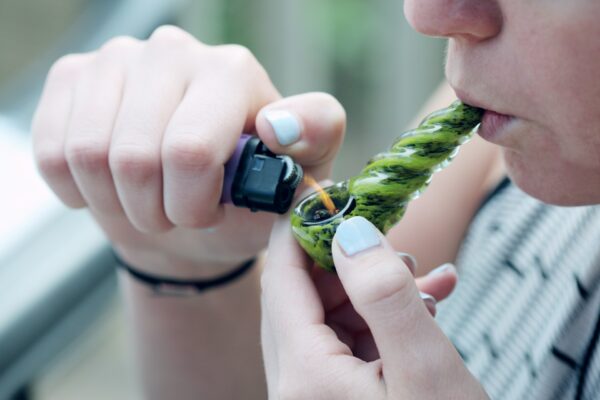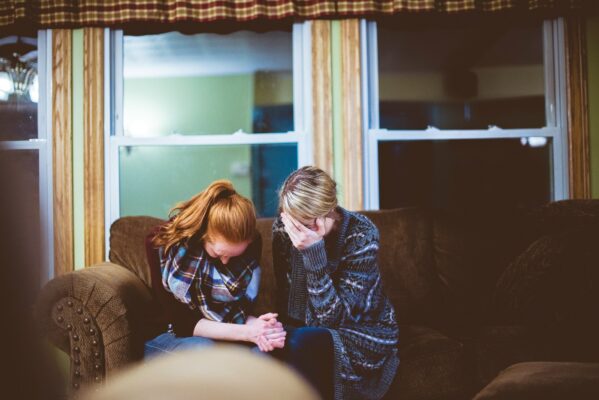Let's get started...
Understanding Cystic Acne: More Than Just a Skin Issue
Cystic acne is not just a regular pimple; it's one of the most severe forms of acne that one can experience. This type of acne manifests as large, red, and painful bumps deep beneath the skin's surface. Unlike other types of acne, such as blackheads or whiteheads, cystic acne is notable for its potential to cause long-term skin scarring. It typically arises from a combination of bacteria, oil, and dry skin cells that get trapped in your pores.
The development of cystic acne is most commonly linked to hormonal changes, particularly during the teenage years. That's why it's a common sight in many adolescents, but it can occur in adults too, reflecting hormonal imbalances or other underlying health issues. Understanding cystic acne requires an understanding of the skin's structure and the factors that influence It's health, including genetics, diet, stress levels, and skincare routines.
How Cystic Acne Affects Teenagers
During your teen years, life can feel like a whirlwind of changes, and dealing with cystic acne can add to the chaos. This type of acne can significantly affect a teenager's quality of life. It isn't just about physical appearance; cystic acne can be profoundly painful and can cause serious emotional stress as well. It can impact self-esteem, contribute to the development of anxiety or depression, and even lead to social withdrawal or bullying.
Adolescents are already managing significant social, academic, and personal changes, and the visible impact of cystic acne can sometimes exacerbate feelings of awkwardness or insecurity. This age is also when you might start to be more conscious about your appearance, making any perceived 'flaws' feel more significant.
Practical Strategies to Manage Cystic Acne
1. Consult a Healthcare Professional
The first and most crucial step in managing cystic acne is to consult a dermatologist. This type of acne might not respond well to over-the-counter treatments and can require prescription medication. Dermatologists can provide oral antibiotics, topical treatments, or even suggest hormonal therapy depending on the severity and root cause of the acne.
2. Develop a Skincare Routine
Creating a daily skincare routine tailored to acne-prone skin can help manage and potentially reduce the severity of breakouts:
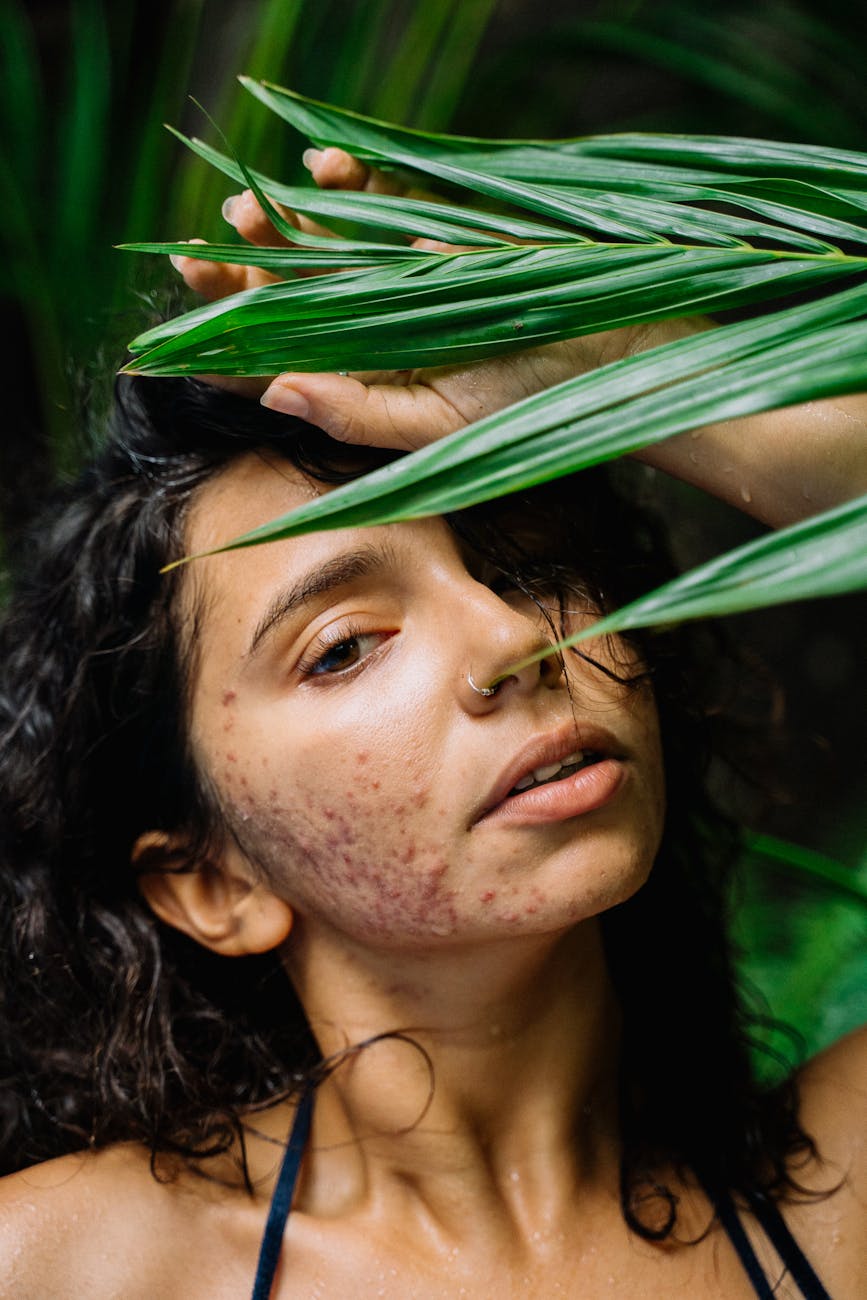
- Gentle Cleansing: Wash your face twice a day with a gentle, non-comedogenic cleanser to remove excess oil and dirt.
- Choose Oil-Free Products: Use makeup, sunscreen, and face moisturisers that are oil-free to avoid clogging pores.
- Avoid Harsh Scrubbing: Harsh scrubs can irritate the skin and aggravate acne. Opt for gentle exfoliation instead.
3. Consider Lifestyle Changes
Diet and stress are significant factors that can influence acne:
- Balanced Diet: Increase your intake of fruits, vegetables, and whole grains. Limit sugar and dairy intake as some studies suggest they might exacerbate acne.
- Manage Stress: Engage in activities that reduce stress. Yoga, meditation, and adequate sleep can help manage stress levels, which might indirectly help control acne breakouts.
4. Home Remedies and Over-the-Counter Options
While severe cases of cystic acne usually require professional treatment, mild acne might benefit from certain home remedies or over-the-counter products:
- Tea Tree Oil: Known for its anti-inflammatory properties, applying a small amount of tea tree oil to the affected area can reduce swelling and redness.
- Benzoyl Peroxide: Available in creams, lotions, and face washes, benzoyl peroxide can help kill bacteria that cause acne.
5. Avoid Picking or Squeezing
It can be tempting, but squeezing or picking at cystic acne can lead to infections and scarring. Always resist the urge to touch acne-prone areas.
Staying Positive and Patient
One of the most crucial elements in dealing with cystic acne is the psychological aspect. It's important for teenagers to understand that improvements from treatment can take time, sometimes several months. Throughout this period, maintaining a positive outlook and being patient with the treatment process is essential. Furthermore, sharing your experiences with peers or support groups can be therapeutic and provide additional coping strategies.
Remember, cystic acne is a common problem that many others are also facing. You're not alone, and with the right help, this condition can be managed effectively.
How are you feeling?
It is really important that when we need help, we feel able to ask for it. This could be speaking to a parent, a close friend, a teacher or someone else you trust. Sometimes it can be really hard to share our feelings with other people but if we are feeling low or don't know where to turn, sharing with others is really important. Teachers will always take you seriously and listen to your problems in confidence if you approach them for help. Likewise, parents, siblings or friends will help you if you reach out to them.
If you feel like you can't speak to anyone you know, there are people and organisations that can help support you:
- Childline - Call them on 0800 1111 any time of the day or night, every day of the week
- NSPCC - Call them on 0808 800 5000 between 10am and 4pm Monday to Friday or email them on help@NSPCC.org.uk
- The Samaritans – Call them on 116 123 any time of the day or night, every day of the week
- SANE – Call 0300 304 7000 for support (4:30pm - 10:30pm every day)
- Mind – Call 0300 123 3393 (9:00am - 6:00pm Monday to Friday)
*Sometimes we will use real life examples in our articles to aid understanding. When we do, names and ages will be changed.
